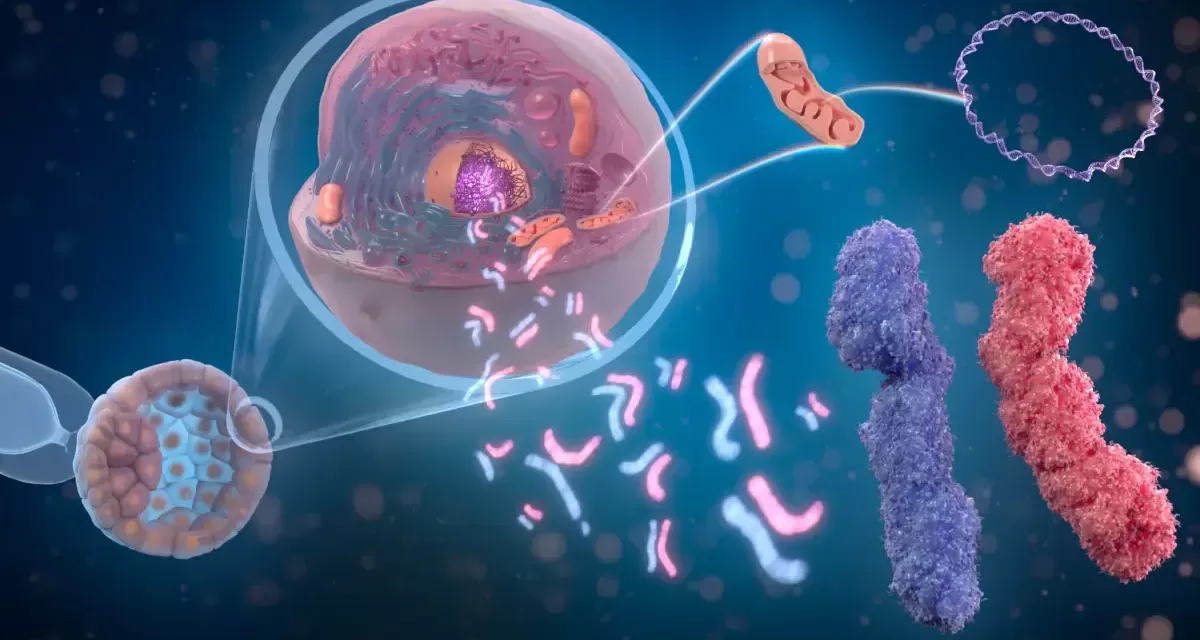Toronto, ON – A groundbreaking international study has identified three novel genes associated with congenital diarrhea and enteropathies (CODE), a rare and often fatal condition affecting infants. The research, led by Dr. Aleixo Muise at The Hospital for Sick Children (SickKids), significantly improves diagnostic rates for this devastating disorder, offering hope to families struggling to understand their child’s illness.
CODE disrupts the function of intestinal cells, preventing infants from absorbing essential nutrients and leading to severe diarrhea and growth impairment. The study, published in the New England Journal of Medicine, involved genome sequencing of 129 infants suspected of having CODE.
The results were remarkable, yielding a diagnosis in 48% of cases, a substantial leap from the previous 20% diagnostic rate typically observed by Dr. Muise’s clinic, and a dramatic improvement from the previously observed 3%. The study identified three new genes associated with CODE: GRWD1, MYO1A, and MON1A, providing answers to 62 families.
“Undiagnosed infantile diarrhea can be fatal, but even when it isn’t, early diagnosis of rare conditions can help provide much-needed answers for families,” explained Dr. Muise, Staff Gastroenterologist and Senior Scientist at SickKids.
The impact of this research is profound, as exemplified by the story of Sophie, a child diagnosed with microvillus inclusion disease (MVID), a form of CODE, at just two days old. Her parents, Samantha and Kyle, faced a complete upheaval of their lives, transitioning into home healthcare providers while navigating frequent hospital visits.
“Suddenly, our days were filled with medical treatments and frequent hospital visits, requiring us to adjust to being not only parents, but also home health-care providers to our first child,” said Samantha.
Sophie’s diagnosis, facilitated by the Group for Improvement of Intestinal Function Treatment (GIFT) program at SickKids, allowed her to receive total parenteral nutrition (TPN), a vital treatment that bypasses her malfunctioning gut.
The study, a collaboration with researchers from Boston Children’s Hospital, Vanderbilt University Medical Center, and the University of California, Los Angeles, also characterized the function of the newly identified genes using advanced computational methods and zebrafish models developed at SickKids.
“This is Precision Child Health in action,” said Dr. Muise. “While the journey towards understanding and treating these rare conditions is ongoing, a better understanding of the genetic pathways that impact CODE brings us one step closer to developing drugs to target those pathways and change the trajectory of patients with these conditions.”
The researchers hope that this study will pave the way for the development of precision therapies tailored to the specific genetic variations causing CODE in individual children.
More information: Zeenat Gaibee et al, The Genetic Architecture of Congenital Diarrhea and Enteropathy, New England Journal of Medicine (2025). DOI: 10.1056/NEJMoa2405333
Disclaimer: This news article is based on information provided and should not be taken as medical advice. Individuals with health concerns should consult with a qualified healthcare professional for diagnosis and treatment. Research findings are subject to ongoing review and may evolve over time.












